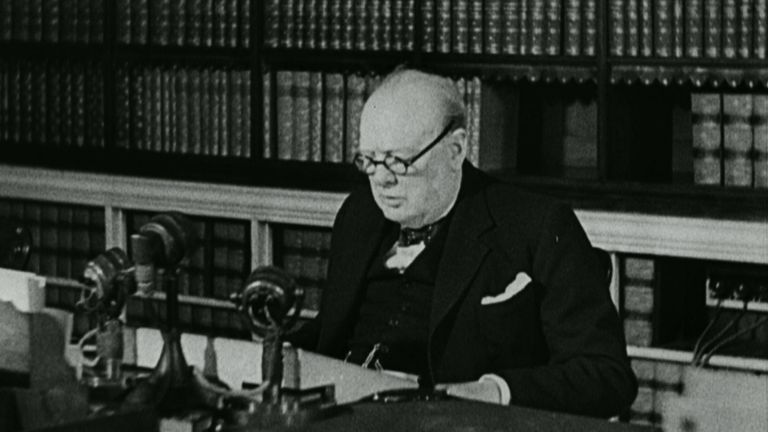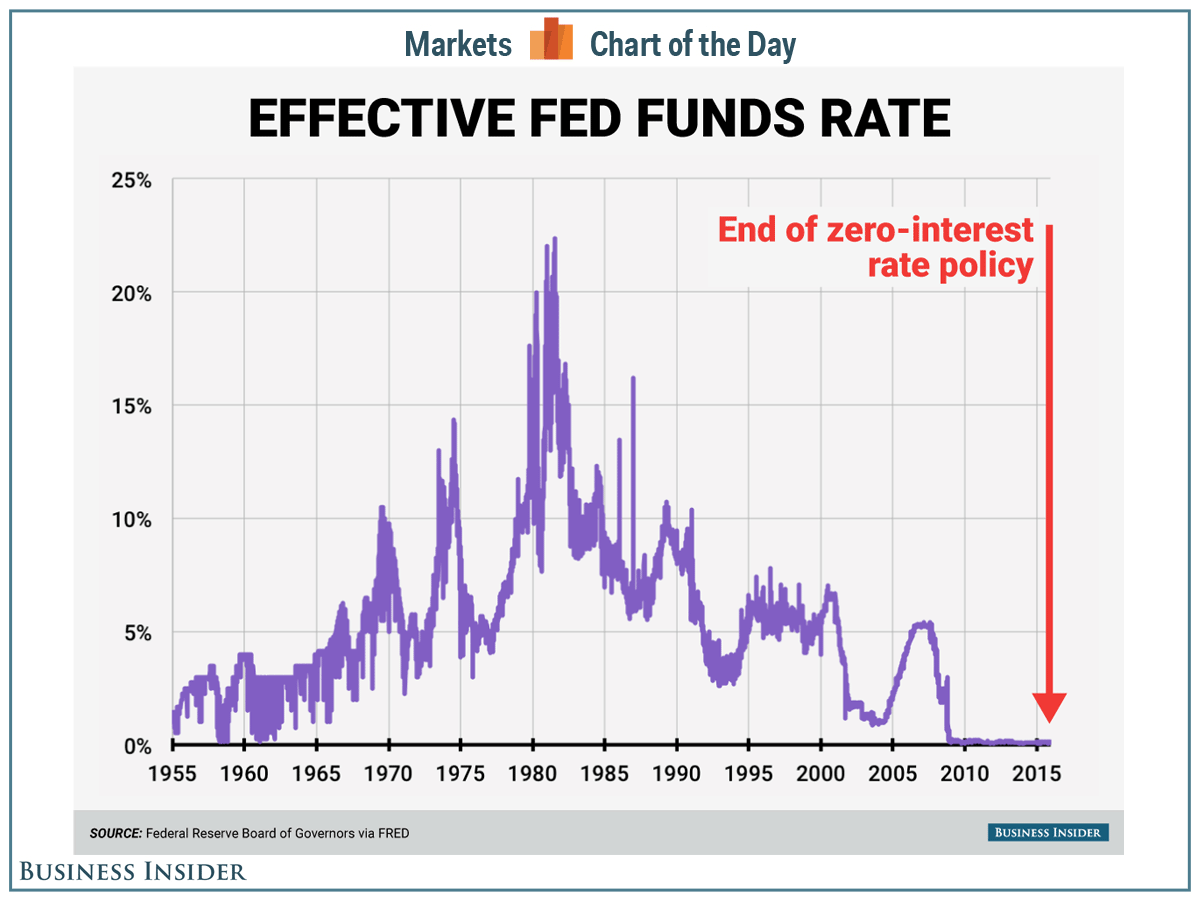Pentagon's Book Review At Military Academies: What Books Might Be Removed?

Table of Contents
The Pentagon's recently announced review of reading materials at military academies has ignited a firestorm of debate. Concerns are mounting about potential censorship and the impact on intellectual freedom within these prestigious institutions. This article delves into the specifics of the review, exploring potential targets and the broader implications for military education and the future of the armed forces. The keyword focus throughout will be on the Pentagon book review, military academy books, book ban, military reading list, censorship, critical race theory, diversity and inclusion, and military education.
The Scope of the Pentagon's Book Review
The Pentagon's initiative aims to ensure that all reading materials provided to cadets and officers align with military values and promote national security. The stated goal is to create a cohesive learning environment that fosters loyalty, discipline, and adherence to established military doctrine. However, the vagueness of this objective has fueled concerns about potential overreach and censorship.
The review encompasses a wide range of materials, including:
- Textbooks: Core curriculum textbooks used in various military science and leadership courses.
- Supplementary Readings: Books and articles assigned as supplemental reading to enhance course materials.
- Library Collections: The vast collections within the libraries of military academies, containing a diverse range of titles.
The timeline and process remain somewhat opaque, but reports suggest the review is ongoing and involves multiple departments.
- Specific Departments Involved: The Department of Defense, individual service branches (Army, Navy, Air Force), and likely the academies themselves.
- Methods Used to Identify Problematic Books: The exact methods are unclear, but it's likely a combination of internal reviews, flagged titles, and potentially outside pressure.
- Criteria Used to Assess Suitability: The criteria are not publicly defined, leading to speculation about potential bias and the suppression of dissenting viewpoints.
Potential Targets for Removal: Books Addressing Controversial Topics
The lack of transparency surrounding the review's criteria makes it difficult to definitively identify which books might be removed. However, several categories of books are likely to come under scrutiny:
- Books exploring Critical Race Theory (CRT): Texts analyzing systemic racism and its impact on various aspects of society are likely to be viewed with suspicion.
- Books on Gender Studies: Materials examining gender identity, sexuality, and LGBTQ+ issues might be targeted for their perceived challenge to traditional military norms.
- Books Critical of US Military Actions: Texts analyzing past military interventions and questioning official narratives could be considered problematic.
Examples of potentially at-risk authors and titles remain speculative at this point, but the broad concern revolves around works that challenge established narratives and promote critical thinking about the military and its role in society.
- Examples of books challenging traditional military narratives: Biographies of controversial figures, historical accounts that highlight ethical dilemmas, and analyses of military failures.
- Books exploring diversity and inclusion issues within the military: Works examining issues of race, gender, and sexual orientation within the armed forces.
- Books discussing the ethical complexities of warfare: Texts analyzing the moral and philosophical implications of military actions and the use of force.
The Arguments For and Against the Book Review
Arguments in favor of the review often center on maintaining discipline, unit cohesion, and adherence to core military values. Proponents argue that certain books could undermine morale, sow dissent, or contradict official doctrine.
- Pro-review arguments emphasizing national security concerns: The argument that some books might contain information that could compromise national security or be used by adversaries.
- Pro-review arguments emphasizing the need for a unified military culture: The argument that exposure to differing viewpoints could erode military cohesion and discipline.
However, critics emphasize the importance of academic freedom, critical thinking, and a diverse range of perspectives in military education. They argue that restricting access to certain books stifles intellectual growth and limits the ability of future officers to engage with complex issues.
- Anti-review arguments emphasizing the importance of intellectual discourse: The argument that a robust intellectual environment is vital for training effective and adaptable military leaders.
- Anti-review arguments emphasizing the value of critical thinking and diverse viewpoints: The argument that exposure to diverse opinions is crucial for developing adaptable leaders who can address complex issues.
- Potential long-term consequences of restricting access to certain books: The risk of limiting critical thinking, hindering innovation, and damaging the military's reputation.
The Broader Implications for Military Education and the Future of the Armed Forces
The Pentagon book review's long-term implications for military education are far-reaching. The potential chilling effect on intellectual discourse could hinder the development of critical thinking skills in cadets, making them less adaptable to the complexities of modern warfare.
- How the review might affect the development of critical thinking skills in cadets: The suppression of diverse viewpoints could limit cadets' ability to engage in complex analysis and problem-solving.
- Potential impact on the ability of the military to adapt to changing societal norms: A lack of exposure to diverse perspectives may limit the military’s capacity to understand and adapt to evolving societal norms.
- The long-term consequences for the image and reputation of the military: The perception of censorship could negatively impact recruitment and damage the military's relationship with the civilian population.
The review's impact on recruitment, retention, and morale remains to be seen, but the potential for negative consequences is significant, particularly regarding attracting and retaining a diverse officer corps.
Conclusion
The Pentagon's book review at military academies presents a complex issue with significant implications for military education and the future of the armed forces. Concerns about censorship and the suppression of diverse perspectives are legitimate and warrant careful consideration. The review's potential impact on intellectual freedom and the ability of the military to attract and retain a diverse range of talent remains a key concern.
Call to Action: Stay informed about the ongoing developments in the Pentagon book review and engage in thoughtful discussions about the importance of intellectual freedom in military education. Understanding the potential implications of this military academy book review is crucial for the future of our armed forces. Continue to research this critical topic and share your insights to ensure a robust and diverse learning environment for our future military leaders. The impact of this military reading list review could shape the future of the armed forces, so informed discussion is vital.

Featured Posts
-
 Investing In Palantir In 2024 A 40 Growth Potential By 2025
May 10, 2025
Investing In Palantir In 2024 A 40 Growth Potential By 2025
May 10, 2025 -
 Taiwan Faces New Totalitarian Threat Lais Urgent Ve Day Message
May 10, 2025
Taiwan Faces New Totalitarian Threat Lais Urgent Ve Day Message
May 10, 2025 -
 El Estilo De Dakota Johnson Como Llevar Un Bolso Hereu Con Elegancia
May 10, 2025
El Estilo De Dakota Johnson Como Llevar Un Bolso Hereu Con Elegancia
May 10, 2025 -
 Perus Emergency Mining Ban Impacts On Gold Output And The Economy
May 10, 2025
Perus Emergency Mining Ban Impacts On Gold Output And The Economy
May 10, 2025 -
 Interest Rate Cuts Why The Feds Approach Differs
May 10, 2025
Interest Rate Cuts Why The Feds Approach Differs
May 10, 2025
